On October 26, the Vietnam Packaging Recycling Alliance (PRO Vietnam) organized a workshop on Towards the successful implementation of the Extended Producer Responsibility (EPR) regulation in Vietnam. EPR is an advanced tool used by many countries in solid waste management, aiming to contribute to the improvement of the effective development of the packaging waste collection and recycling system in Vietnam. This is the responsibility of manufacturers and importers to manage their product packaging when it is discarded into the environment.
According to the Law on Environmental Protection 2020, manufacturers and importers must fulfill their responsibility to recycle tires, batteries, lubricants, and packaged products starting from January 1, 2024. Manufacturers and importers of electrical and electronic products must fulfill their responsibility to recycle from January 1, 2025, and manufacturers and importers of vehicles (cars and motorbikes) must fulfill their responsibility to recycle from January 1, 2027.
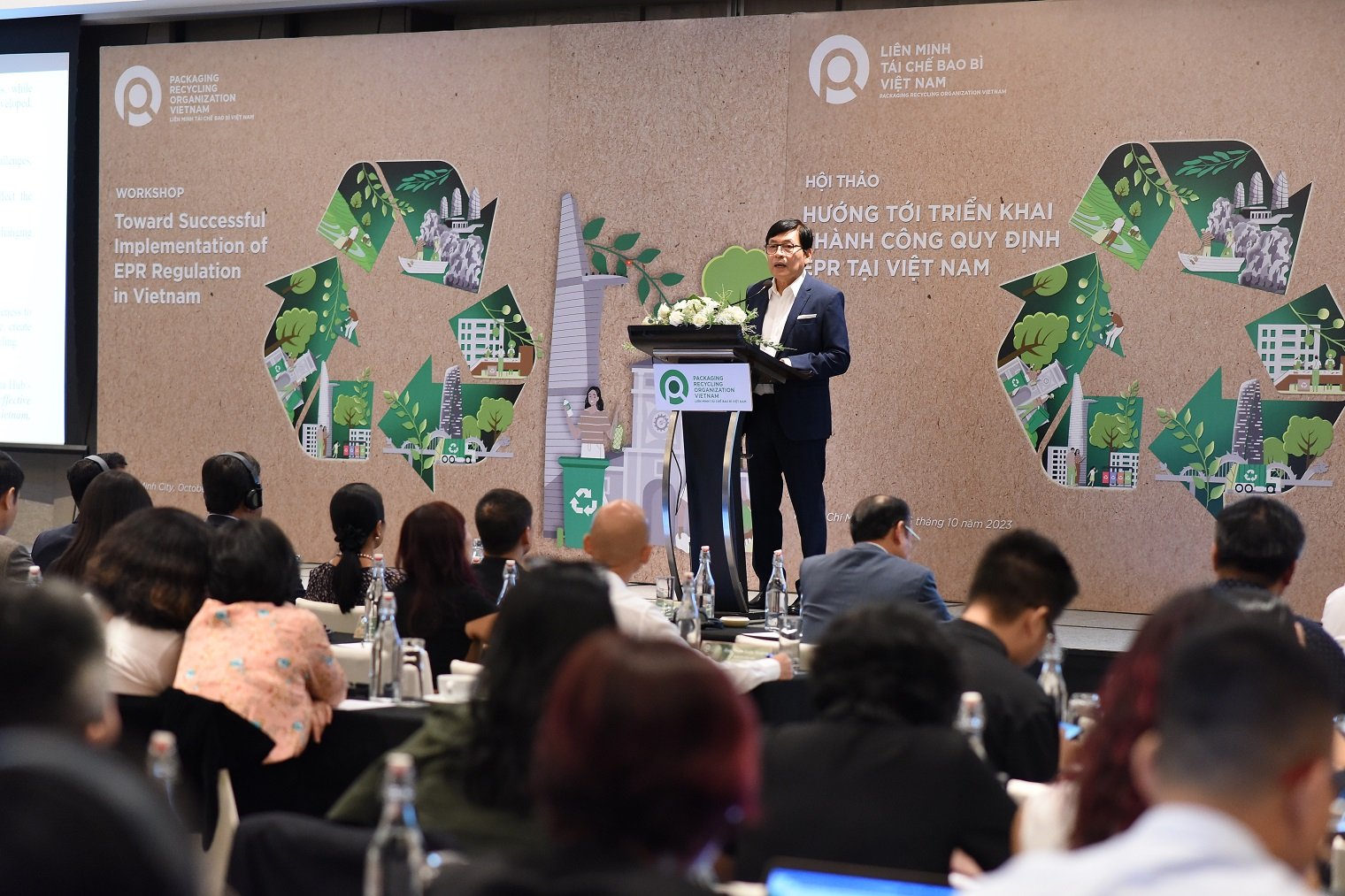
Mr. Pham Phu Ngoc Trai said that applying EPR tool is both an opportunity and a challenge for businesses in particular and Vietnam in general.
In fact, waste collection and recycling still face many difficulties. Ms. Nguyen Thi Que Lam, Deputy Head of the Department of Environmental Technology and Quality Control of the Ho Chi Minh City Urban Environment Company Limited (CITENCO) - said that every day in the city there are about 10,000 tons of waste. Of which, about 20 - 25% of wards, communes and towns classify domestic solid waste at source. However, the results have not reached the set target because the collection, transportation and treatment of domestic solid waste are still scattered and not concentrated; the means, equipment, technology for collection, transportation and treatment are not synchronous and modern; the proportion of waste collected by private forces is high...
Similarly in Hanoi , according to Mr. Nguyen Huu Tien, Chairman of the Board of Members of Hanoi Urban Environment Company Limited (URENCO), waste must be classified at source to be considered a resource. Currently, many provinces and cities have not yet classified waste at source and some places only do it as a movement. The policy only stops at the level of encouragement, pilot projects, promotion and the role of the government is not clear. Therefore, many things need to be done when the time to apply EPR is approaching. That is, building a process, organizing collection and classification; guiding classification with cost norms; how to pay fees according to the volume of waste? Regulations on recycling facilities for each type of waste. In addition, there need to be policies such as supporting craft villages to convert to meet standards; promoting and supporting investment in waste recycling plants for waste groups...
According to Mr. Pham Phu Ngoc Trai - Chairman of PRO Vietnam - Vietnam is one of the first countries in Southeast Asia to apply the EPR tool as a mandatory provision of the Law on Environmental Protection. This is a breakthrough, positive step and a significant effort of the country in preserving resources for future generations. Effective implementation of EPR will help us achieve expectations for a better environment, while promoting the inefficient and unsustainable linear economic model to gradually shift to a circular economy, developing more effectively and sustainably. In addition to the above long-term opportunities, in the immediate future, we will face many financial challenges in investment and costs (increasing product prices, affecting the competitiveness of enterprises); challenges in converting product designs, technology... to suit the integration and consumption trends increasingly towards green and sustainable development; challenges in policies that are not synchronous, appropriate and timely...
After the workshop, a report was completed and is expected to be sent to the Ministry of Natural Resources and Environment in November 2023. The summary report proposed many enthusiastic contents with the initiative of PRO Vietnam, hoping to contribute to promoting the support for the implementation of EPR in a feasible and successful manner in Vietnam when it takes effect from January 2024.
Source link


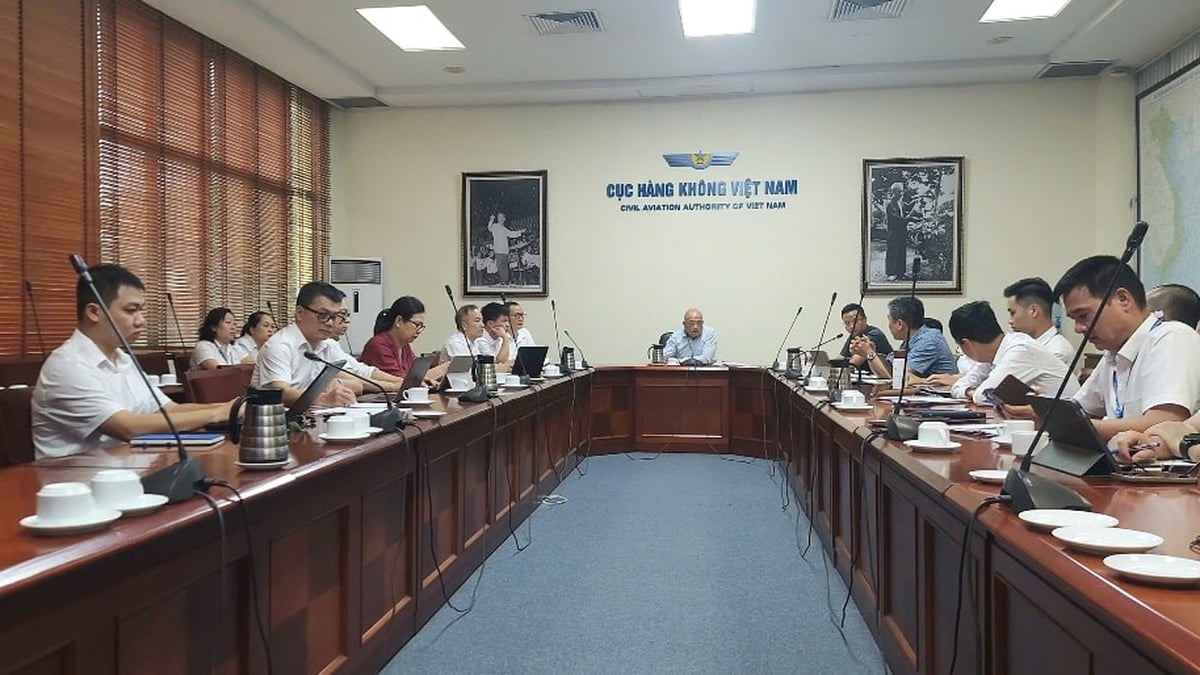
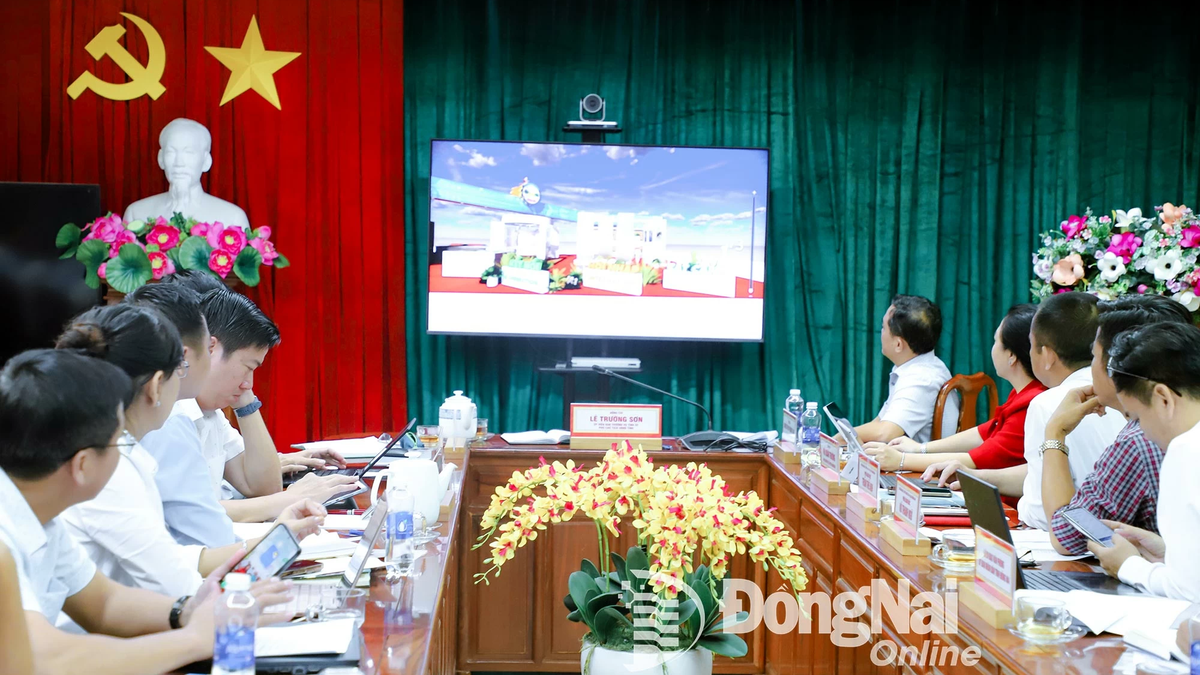

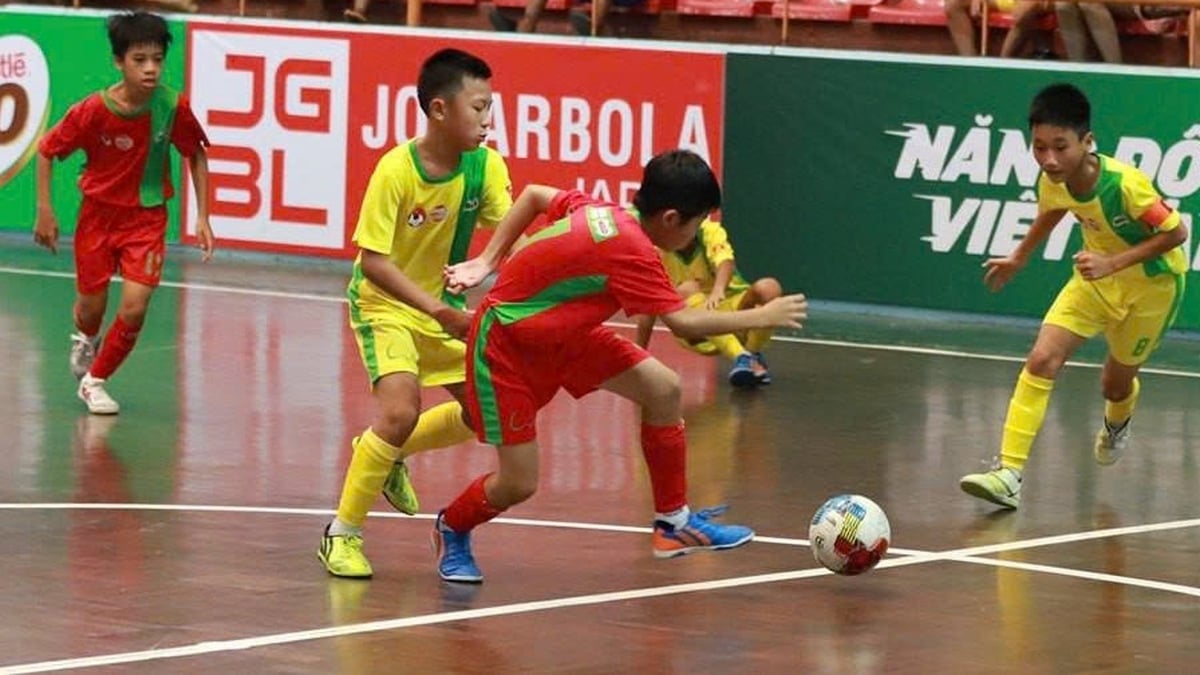

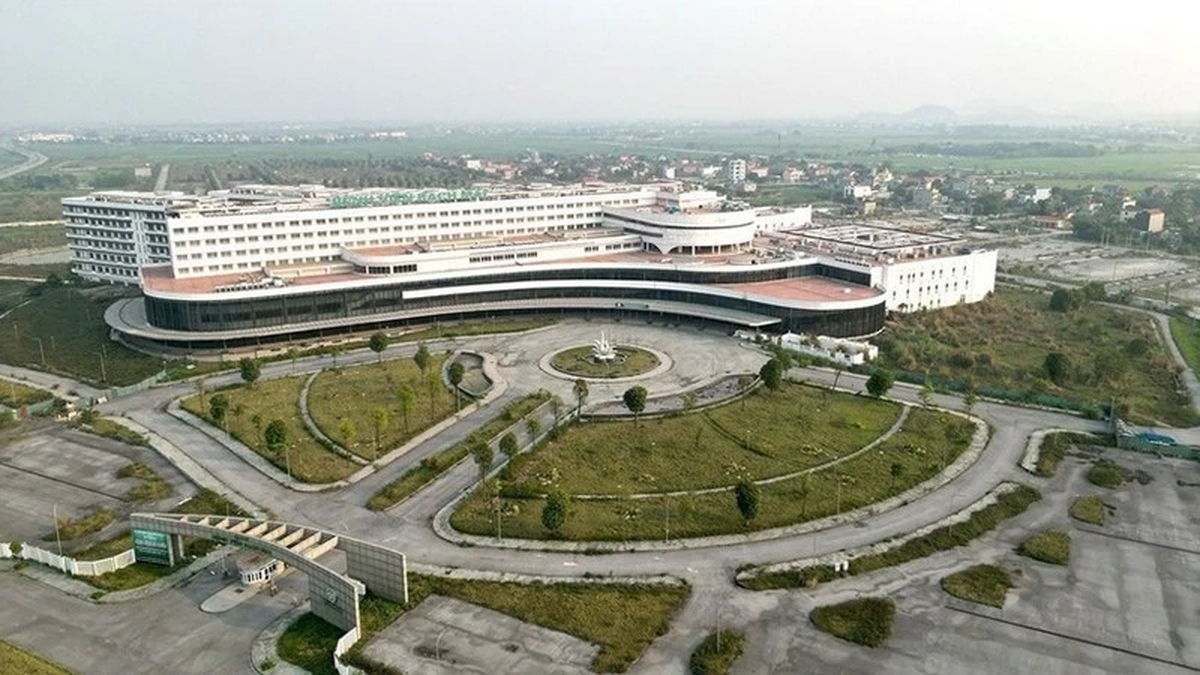
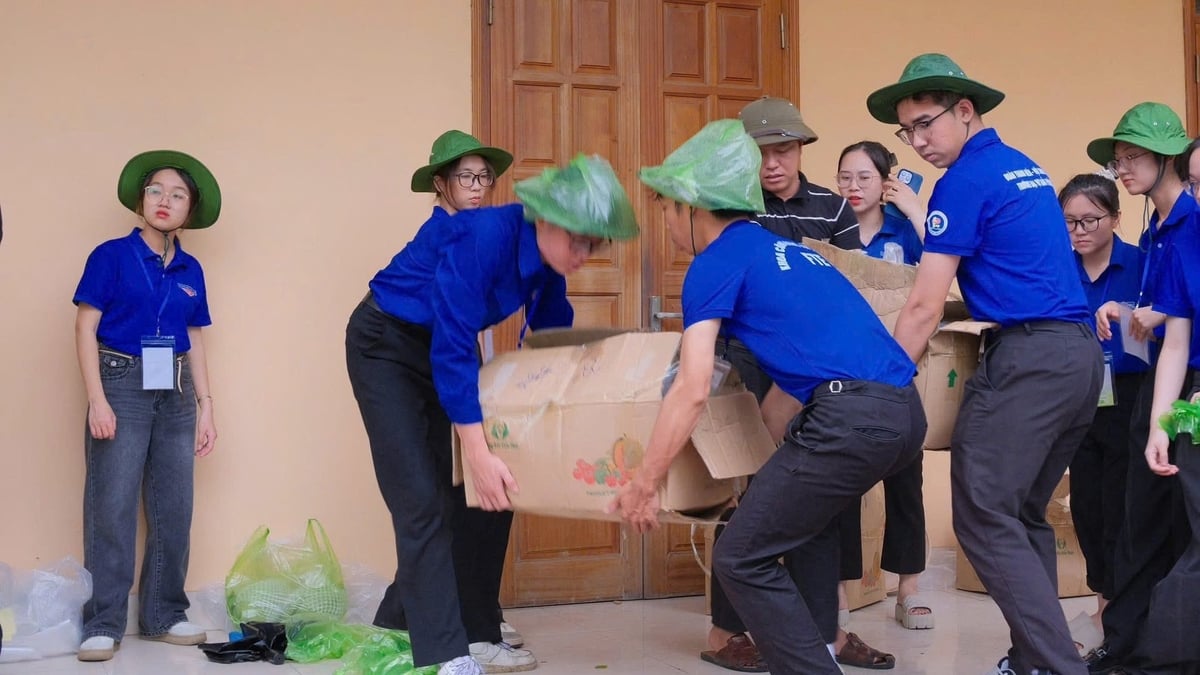
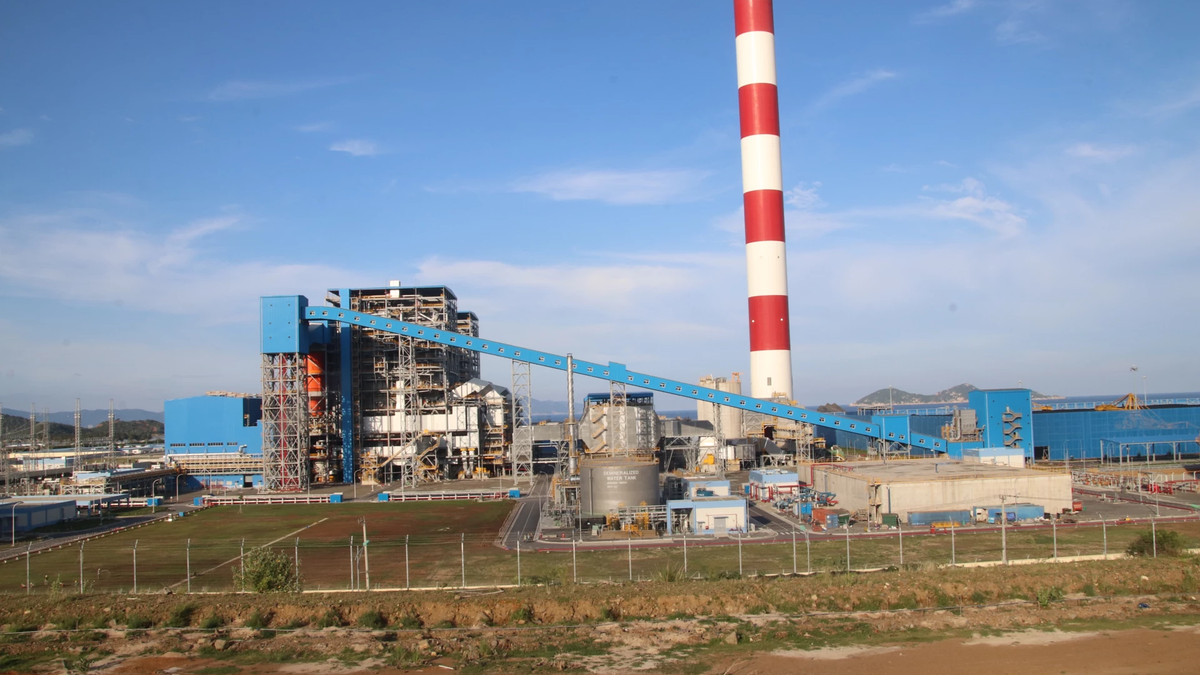
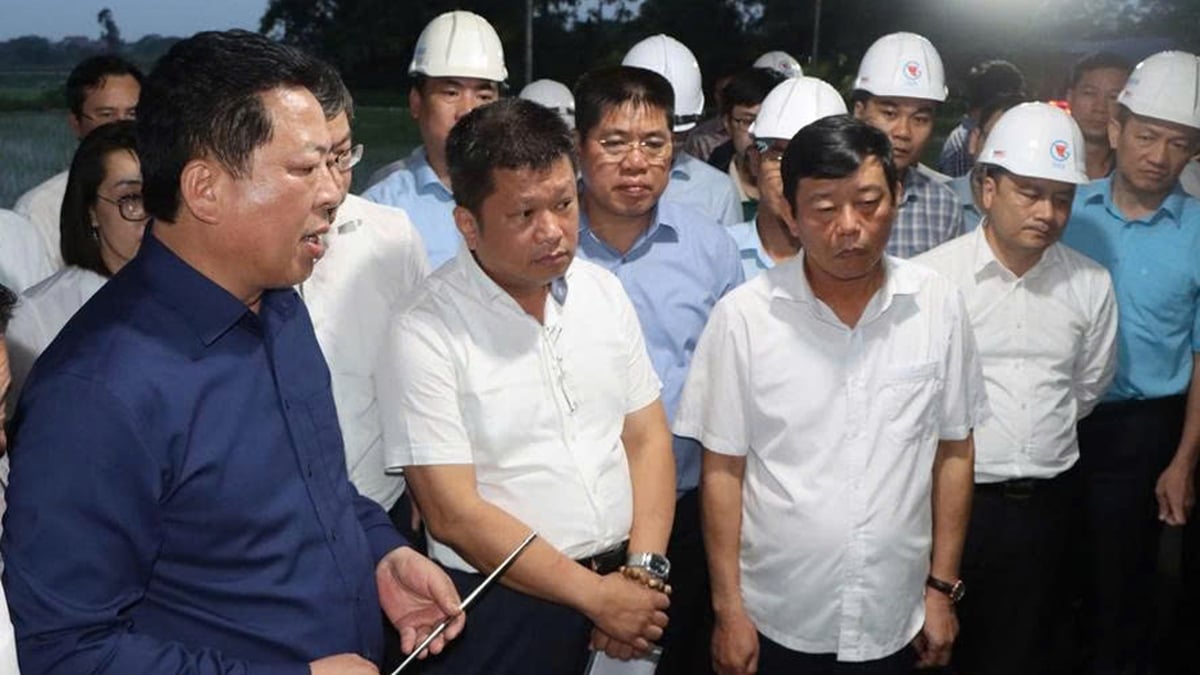
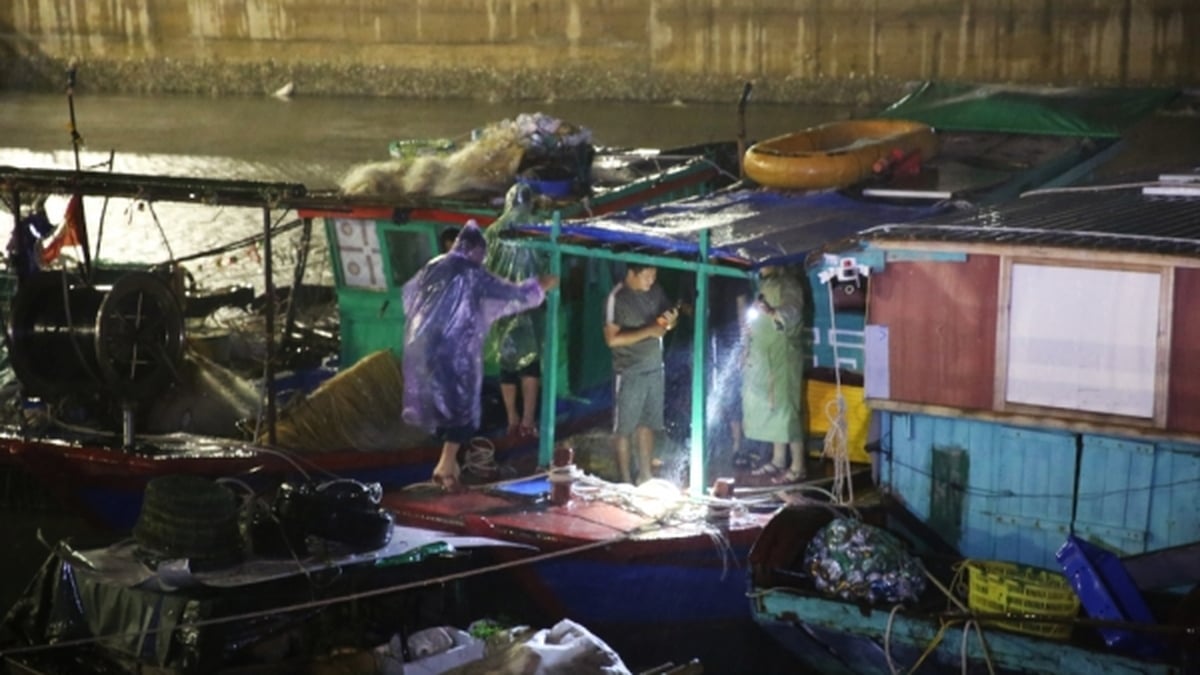















![[Photo] National Assembly Chairman Tran Thanh Man visits Vietnamese Heroic Mother Ta Thi Tran](https://vphoto.vietnam.vn/thumb/1200x675/vietnam/resource/IMAGE/2025/7/20/765c0bd057dd44ad83ab89fe0255b783)









































































Comment (0)